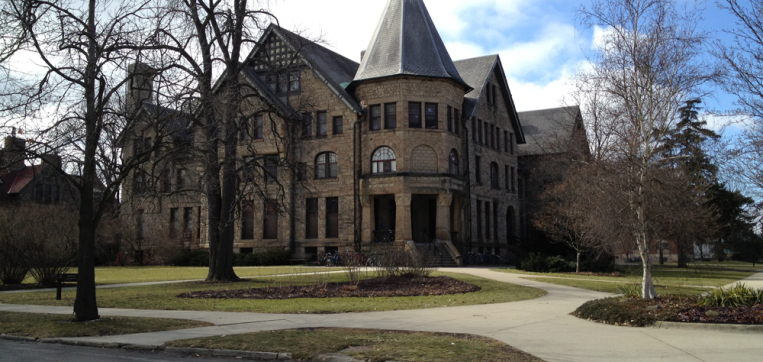
Jokingly Proposing a New Concept in College Admissions – “The Common Information Session and Tour”
Having visited more than 100 colleges in the past three years, I have learned a lot about those particular colleges and about how colleges position and market themselves. Colleges are quick to point out those distinguishing characteristics and factors that set them apart from other institutions. Over time, however, I have come to recognize that many elements that are professed to be unique are actually common to a large number of colleges.
I have here highlighted elements frequently identified by colleges as unique or special to them that are actually more common than they want to admit. If colleges were to simply hand out a tip sheet like this during their information sessions and tours, it could save them and prospective students and their families a lot of time. Then, after having candidly identified those elements that they have in common with many other colleges, they could truly focus on and highlight those characteristics and factors that are unique to that particular college’s environment, culture, philosophy and curriculum. I am jokingly naming this new concept “The Common Information Session and Tour”. High school guidance departments could also distribute this information as a primer to high school juniors and their families who are just starting the college search process. Now that would be educational and a great public service!
- Most liberal arts colleges do not have teaching assistants and all courses are taught by professors.
- Most universities that have large classes for undergraduate students break them down into smaller sections that are taught by graduate teaching assistants who provide additional support and instruction.
- Most colleges have a blue light system that enables students to communicate directly with security personnel who have the capacity to be at the caller’s location within minutes.
- Many colleges provide an escort service by car or on foot.
- While some colleges have their own study abroad programs with their own faculty and facilities at particular sites, many colleges allow students to study abroad through a large variety of programs that have been reviewed and approved in advance by the home institutions.
- At many colleges, students who receive financial aid can use those funds to study abroad.
- All of those colleges that have few or limited core curriculum requirements explain that a distinct advantage of this approach is that students choose all of the courses that they take outside of their major and are motivated to be in those classes. They further emphasize that faculty enjoy teaching students who enroll in courses based on interest.
- All of those colleges that have distribution requirements that mandate that students take courses in specified academic areas outside of their major profess the advantages of breadth and exposure to disciplines beyond those of the students’ choosing.
- Many colleges are part of an interlibrary loan system with a consortium of colleges that allows access to a greater selection of library resources than available at any individual college.
- Many colleges that have fraternities and sororities require that students not be allowed to rush or join those organizations until sophomore year.
- Many colleges that have fraternities and sororities explain that social events hosted by them are open to all students on campus and that the organizations engage in community service and philanthropic activities and make significant contributions of labor and money to various causes.
- Colleges with undergraduate students explain that their professors want to teach undergraduate students and are often recognized for their teaching. Research opportunities, if they exist, are available to undergraduate students. In contrast, universities that have programs for undergraduate and graduate students promote their research opportunities and explain that professors are often recognized for their research activities. That undergraduate students at those universities may have to compete with graduate students for research opportunities is a disadvantage that is frequently pointed out by colleges with only undergraduate students.
September 6, 2008
